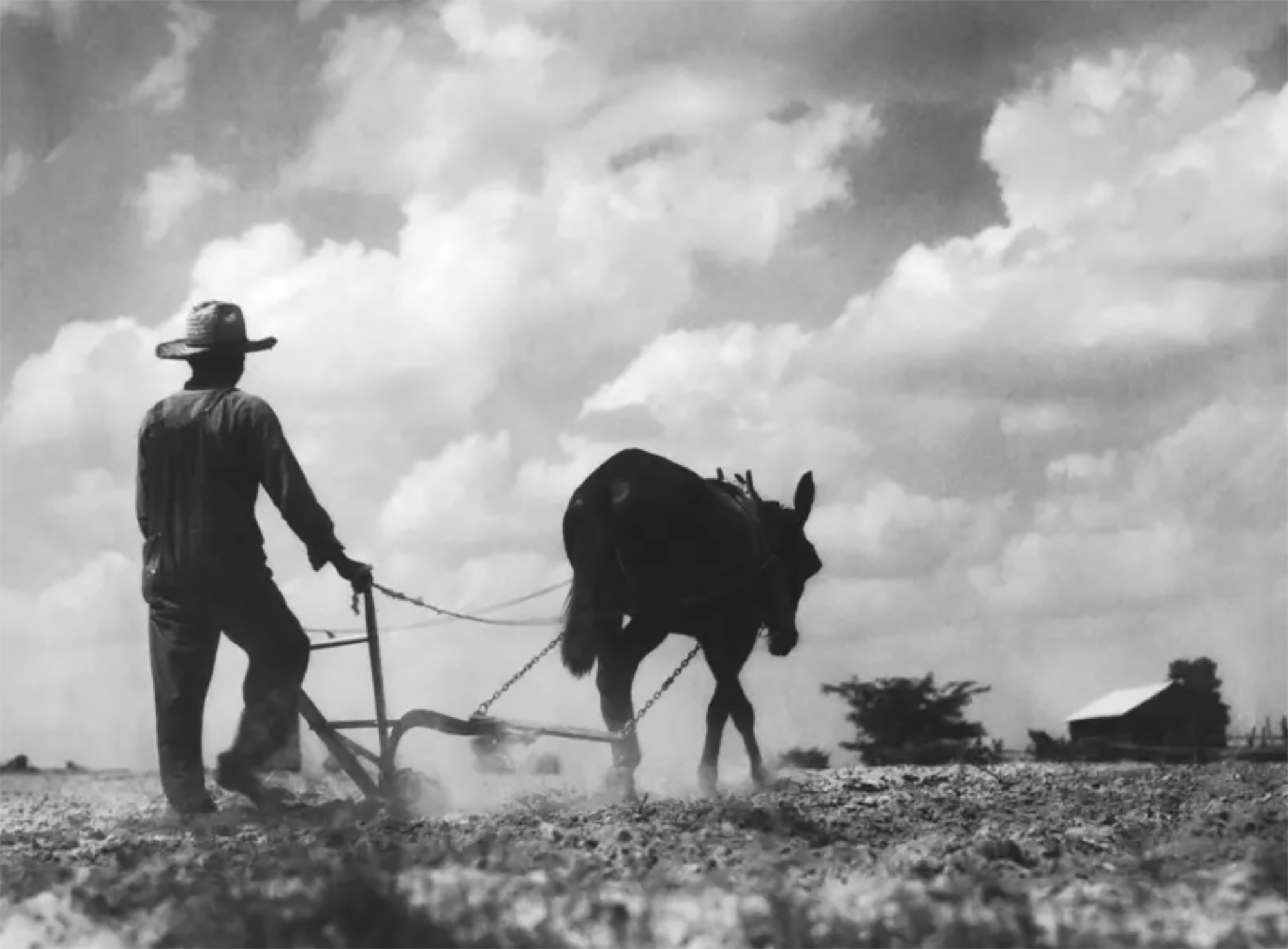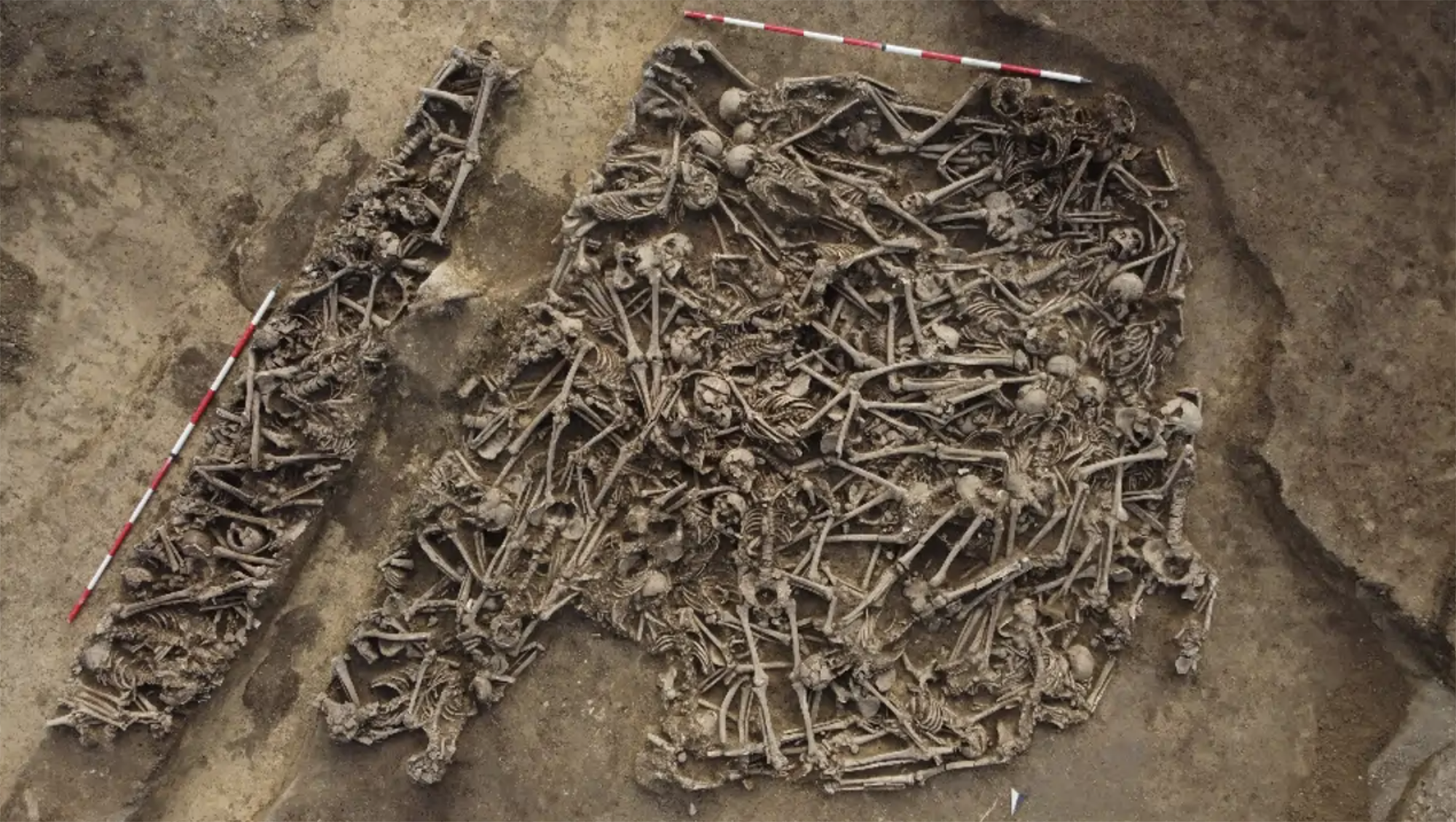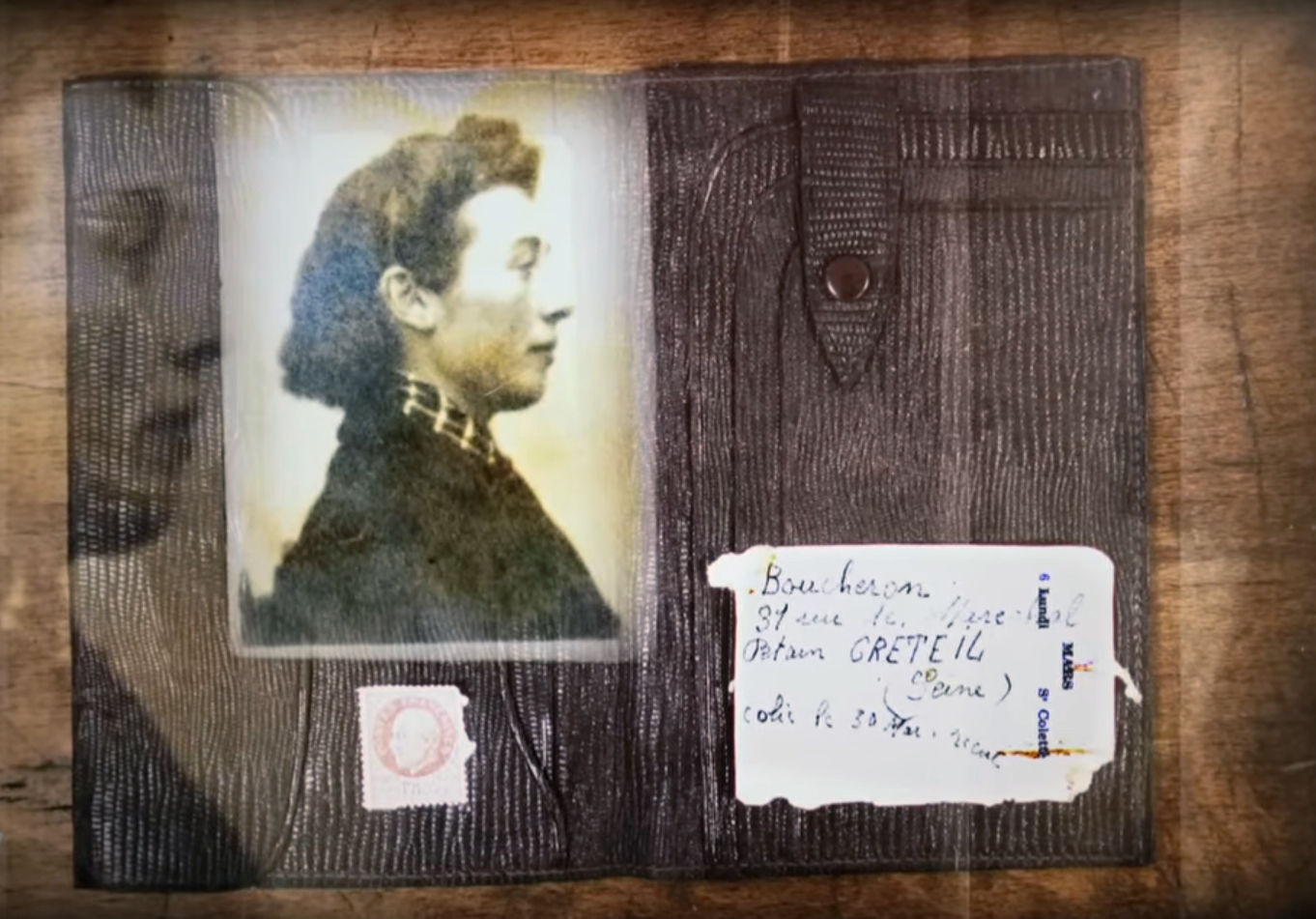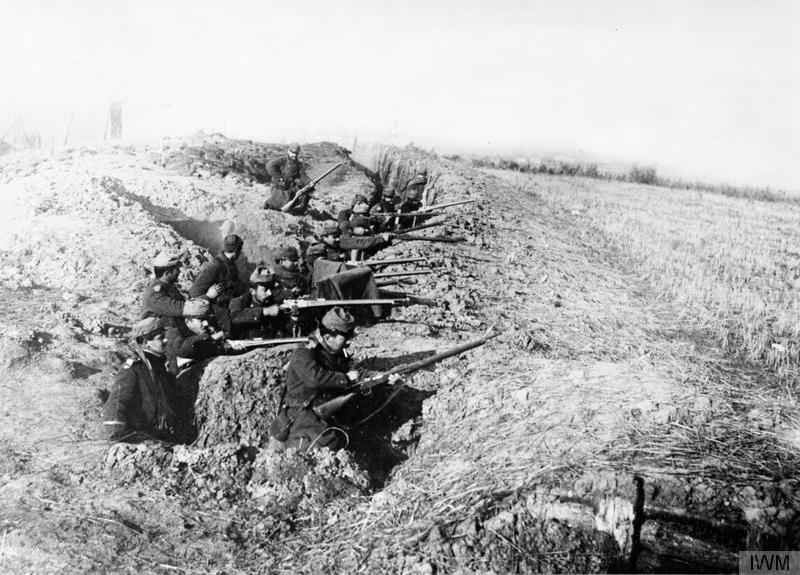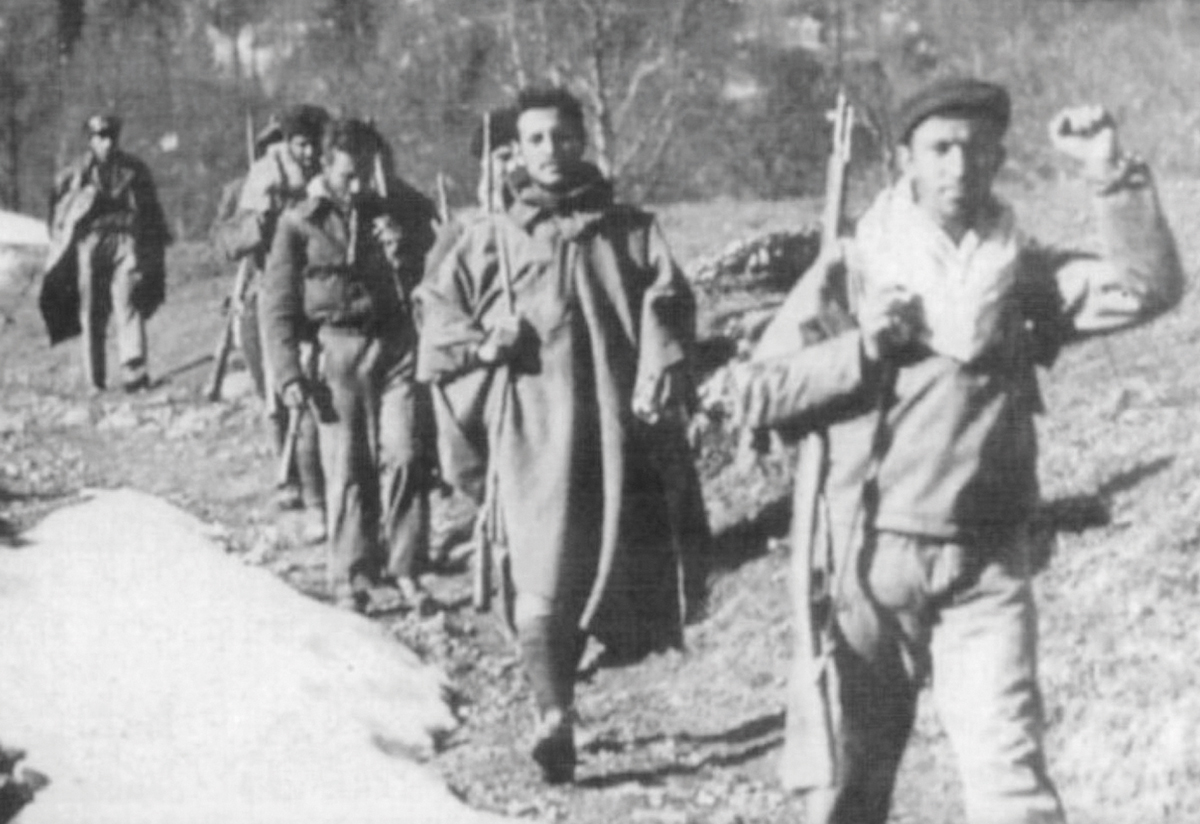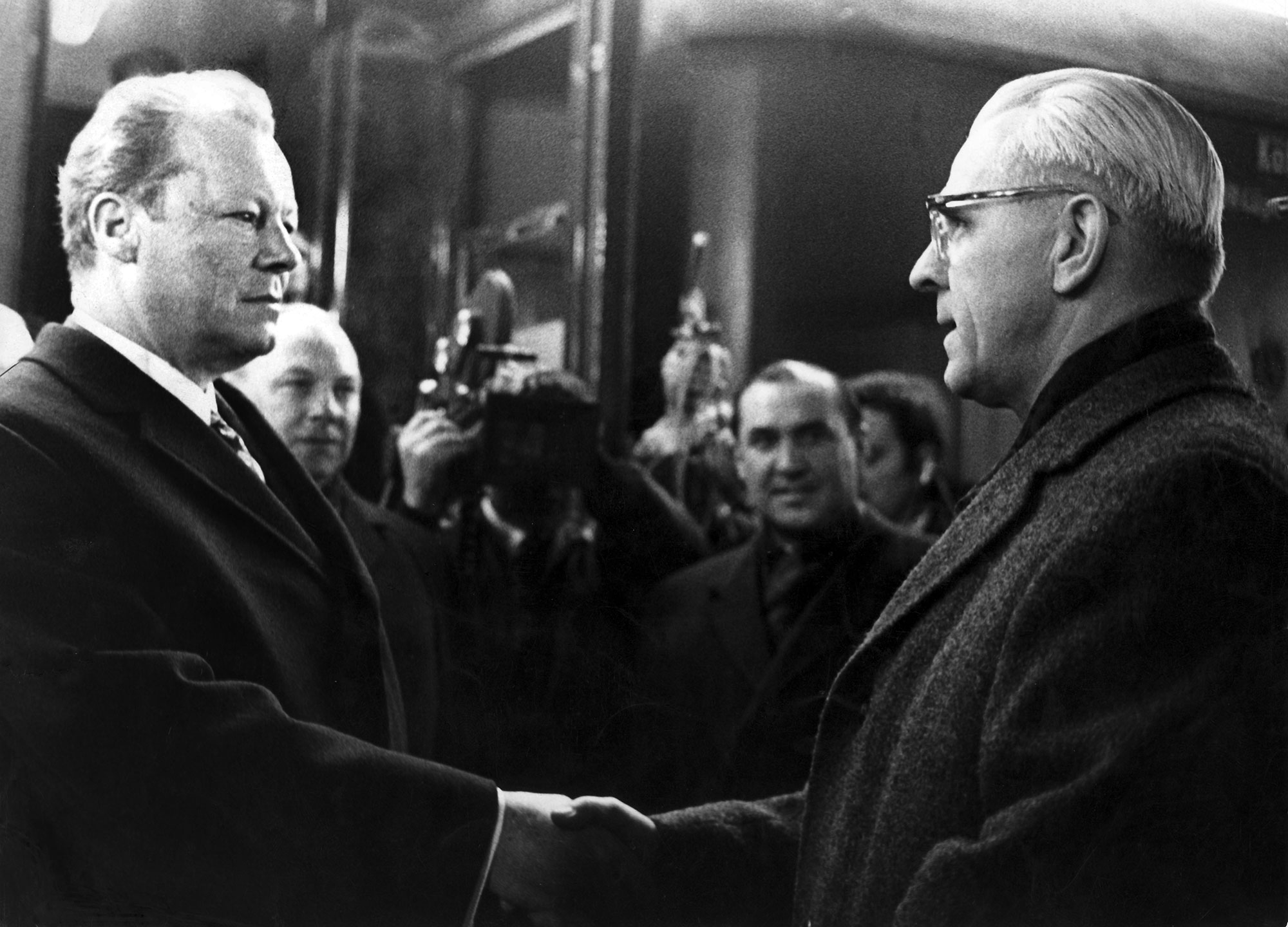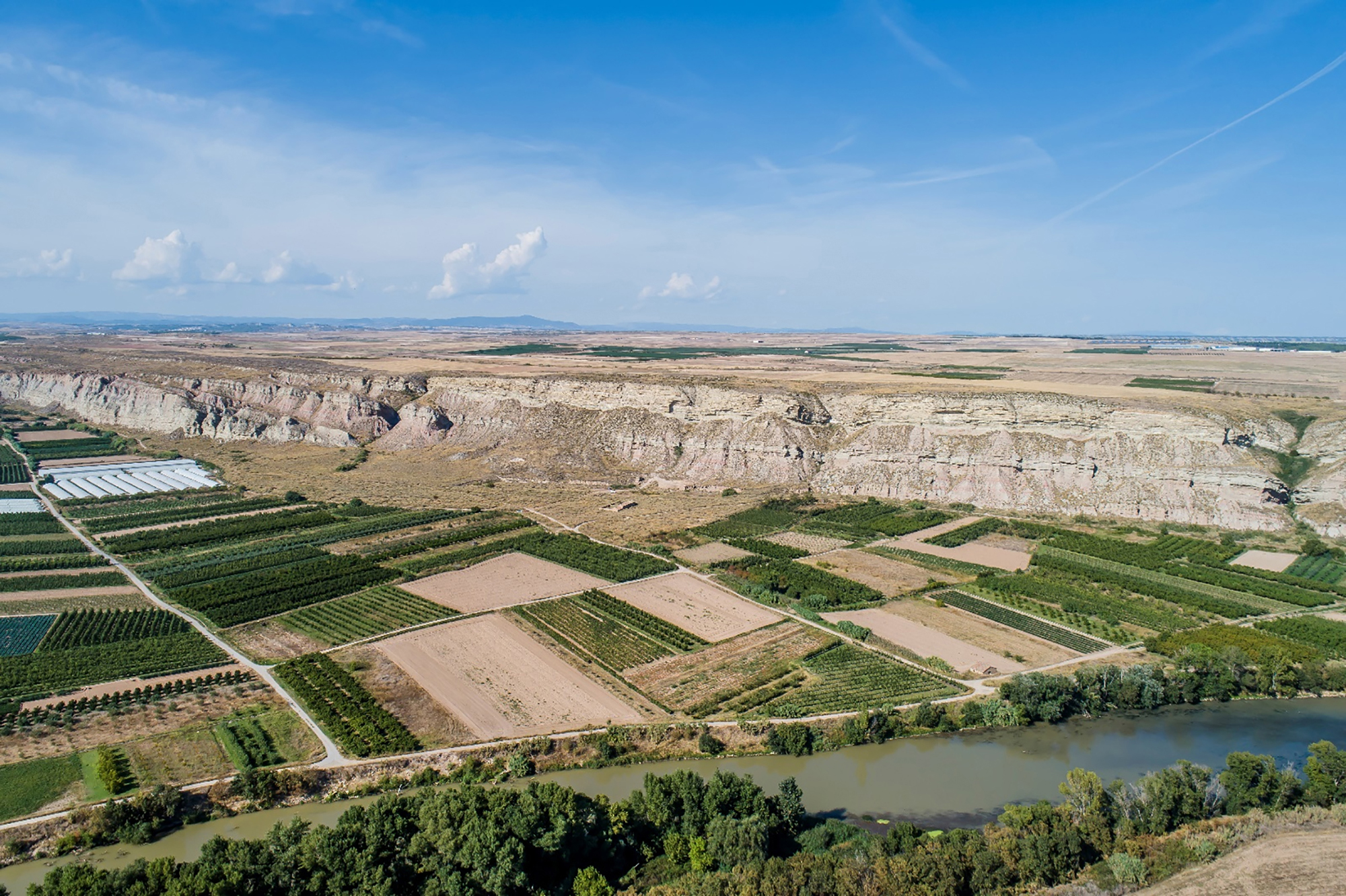"Throughout history, it seems that only men are important, because women's lives are not valued"
- Amaia Herrero Oiarzabal (Vigo, 1973) has just published a book with sixteen women from Gorliz. The book contains many memories that have gone through their lives: childhood, communion, family, school, adolescence and marriage, among others. Herrero has studied English Philology and has held a master's degree on equality of women and men at the UPV/EHU. In addition to the book, we have talked with him about some interesting topics that appear in it.

What has the writing process been like?
The City Hall of Gorliz asked me for a project that would collect the contribution of women to the history of the people. I met them in the last quarter of 2018, we held meetings, and they told me what Gorliz was like 60 years ago. “But what I’m going to say to you, I don’t have anything special,” some people told me at the beginning. These women have lived through post-war and dictatorship, and in the book I have compiled some of the strategies with which they have survived at different times, among other things. They've felt taken over because they've given value to their life.
What's the topic that's most excited about you?
Maybe the importance that religion has had in their lives since childhood. They indoctrinated and imposed very rigid roles. Before going out in the street, for example, they had to take care of the house and the children and pray.
Most of the women were housewives...
That's right. In Gorliz, many men were seamen and had to stay away for a long time, so women alone had to leave the family. They were in charge of everything, of educating the children, of keeping the house...
An unthinkable life today...
I often wonder to what extent these women could live with that pressure. This issue of religion has attracted a lot of attention to me, but they consider it normal. As they've told me their experiences, I've also compared them with today's society.
Have the relationships between people changed a lot?
Mostly during courtship. The relations of that time had nothing to do with those of today. The relationship was very formal and fully controlled, boys and girls were given only their hand. Many women did not have a close relationship until the time they were going to live with their boyfriend. They couldn't go out dancing in the street and they had to delay their virginity.
Do you think that the new generations should be aware of these issues?
No doubt. I think young people have to be aware of how their grandmothers lived about 60 years ago. Many think that they have not fought, that they have easily adapted to the situation in which they lived. And that's not true. They also had the feminist awareness that we have today, and they fought for their rights and advanced in difficult situations. Throughout history, it seems that only men are important, as women's lives are not valued.
Were they trampled to death by the system?
Yes. Society has moved towards equality, but women’s problems with machismo are still today. We still have borders, we cannot be on the street at any hour of the night with complete peace of mind.
This news was posted by Hiruka and we brought it to ARGIA thanks to the CC-by-sa license.
Washington, D.C., June 17, 1930. The U.S. Congress passed the Tariff Act. It is also known as the Smoot-Hawley Act because it was promoted by Senator Reed Smoot and Representative Willis Hawley.
The law raised import tax limits for about 900 products by 40% to 60% in order to... [+]
During the renovation of a sports field in the Simmering district of Vienna, a mass grave with 150 bodies was discovered in October 2024. They conclude that they were Roman legionnaires and A.D. They died around 100 years ago. Or rather, they were killed.
The bodies were buried... [+]
My mother always says: “I never understood why World War I happened. It doesn't make any sense to him. He does not understand why the old European powers were involved in such barbarism and does not get into his head how they were persuaded to kill these young men from Europe,... [+]
Until now we have believed that those in charge of copying books during the Middle Ages and before the printing press was opened were men, specifically monks of monasteries.
But a group of researchers from the University of Bergen, Norway, concludes that women also worked as... [+]
Florentzia, 1886. Carlo Collodi Le avventure de Pinocchio eleberri ezagunaren egileak zera idatzi zuen pizzari buruz: “Labean txigortutako ogi orea, gainean eskura dagoen edozer gauzaz egindako saltsa duena”. Pizza hark “zikinkeria konplexu tankera” zuela... [+]
Ereserkiek, kanta-modalitate zehatz, eder eta arriskutsu horiek, komunitate bati zuzentzea izan ohi dute helburu. “Ene aberri eta sasoiko lagunok”, hasten da Sarrionandiaren poema ezaguna. Ereserki bat da, jakina: horra nori zuzentzen zaion tonu solemnean, handitxo... [+]
Linear A is a Minoan script used 4,800-4,500 years ago. Recently, in the famous Knossos Palace in Crete, a special ivory object has been discovered, which was probably used as a ceremonial scepter. The object has two inscriptions; one on the handle is shorter and, like most of... [+]
Londres, 1944. Dorothy izeneko emakume bati argazkiak atera zizkioten Waterloo zubian soldatze lanak egiten ari zela. Dorothyri buruz izena beste daturik ez daukagu, baina duela hamar urte arte hori ere ez genekien. Argazki sorta 2015ean topatu zuen Christine Wall... [+]









